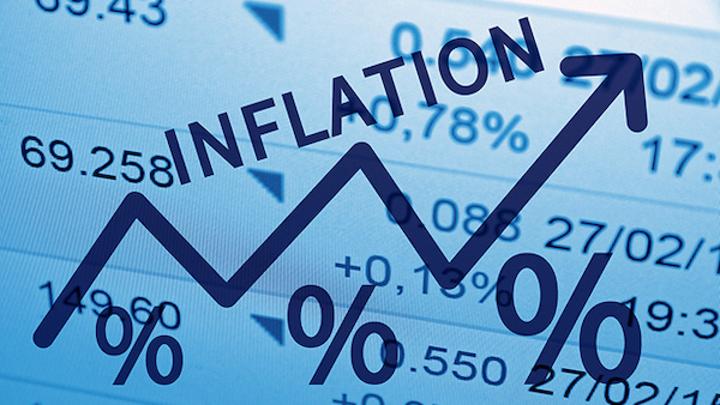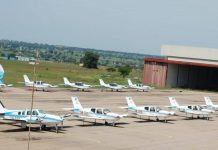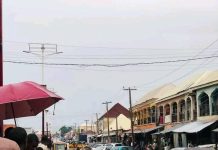Africa-Press – Nigeria. Nigeria’s inflation rate rose by 15.75% (year-on-year) in December, nearly 1% compared to 14.89% recorded in November 2020 on the back of border closure and insecurity.
This is according to the Consumer Price Index (CPI) report released by the National Bureau of Statistics (NBS).
This is the highest figure since 2017, as Nigerians will be hoping the Central Bank of Nigeria (CBN) finds a way to help drive down inflation within the single-digit band.
Inflation measures the rate of increase in the prices of goods and services within an economy over a period of time.
Food inflation, the closely watched index rose sharply by 19.56 percent in December 2020 compared to 18.30 percent in November 2020.
The urban inflation rate increased by 16.33 percent (year-on-year) in December 2020 from 15.47 percent recorded in November 2020, while the rural inflation rate increased by 15.20 percent in December 2020 from 14.33 percent in November 2020.
State profiles for December 2020 indicated that all items for inflation (year-on-year) basis was highest in Bauchi (19.85 percent), Edo (18.15 percent) and Kogi (18.40 percent), while Lagos (14.05 percent), Kwara (13.91 percent) and Abia (13.30 percent) recorded the slowest rise in headline year-on-year inflation.
On month-on-month basis, however, December 2020 inflation was highest in Nasarawa (2.30 percent), Gombe (2.20 percent) and Akwa Ibom (2.16 percent), while Ekiti (0.87 percent), Rivers (0.67 percent) and Ebonyi (0.61 percent) recorded the slowest rise in headline month-on-month inflation.
State profiles for food inflation for December 2020 indicated that on a year-on-year basis, the highest were Edo (24.14 percent), Kogi (23.14 percent) and Sokoto (22.24 percent), while Bauchi (16.53 percent), Abia (16.04 percent) and Nasarawa (15.71 percent) recorded the slowest rise.
On month-on-month basis, however, December 2020 food inflation was highest in Edo (3.68 percent), Benin (3.48 percent) and Gombe (3.00 percent), while Rivers (0.93 percent), Osun (0.59 percent) and Ekiti (0.24 percent) recorded the slowest rise.
Opinions







